|
Read this extensive contributed post to learn how to help your pets prevent fleas and ticks during peak seasons and all year long! They’re the scourge of every pet owner and two of the most frequent pet care concerns: fleas and ticks. Fleas are notorious for causing intense itchiness and their bites can lead to hair loss, allergy dermatitis, and in extreme cases, anemia. While ticks don’t cause as much obvious discomfort, their bites can cause paralysis, anemia, and serious infections, like Lyme disease. Cats and dogs can pick up either blood-sucking parasite pretty easily, simply by laying outside in the grass, passing by trees or shrubs, or from their furry friends at kennels, groomers, dog parks, etc. While flea and tick prevention requires a year-round regimen, the peak and duration of their season depends on where you live. Learn more below about flea and tick season in your area and the best ways to protect your pets and your family. When is Flea and Tick Season? Fleas and ticks prefer warm weather, humid conditions, and moist areas. This means that in warmer and/or wetter parts of the country, it’s flea and tick season year-round. If you live in a state where the weather gets cooler or drier, you and your pets will generally get a reprieve during the winter months. Ticks are most active over the summer — starting as early as April and lasting into September — while the worst season for fleas is fall — September, October, November. According to research, the number of fleas on animals in the fall is 70% higher than in the spring. This is due to generally warmer and wetter weather and many animals getting in their thicker winter coats. Based on data from American Kennel Club Most states are classified by PetMD as having “mild-moderate” flea and tick seasons, which refers to how active pests are during the given season. More mild seasons are experienced by Colorado, Connecticut, Iowa, Kansas, New Mexico, West Virginia, and Wyoming. Fleas and ticks find refuge in wooded areas rich with shrubs, weeds, woodpiles, dense grass, and fallen leaves. Since their survival depends upon the availability of a host, both parasites are constantly looking for someone warm and furry to deliver their next meal. Fleas find their host mostly by light and heat, but also use other cues, like breath, body odor, and vibrations. Once a host is detected the flea literally jumps into action and eventually aboard a host. Ticks strategically position themselves, in waiting, near well-used paths, atop blades of grass, at the tips of shrubs, or under piles of leaves, ready to grab hold of a passing host. Once they’ve found a host, each parasite navigates through fur until it reaches the skin, then they bite to begin feeding. Ticks can feed continuously from a host for up to 7 days before dropping off, while fleas feed many times a day (hence all those itchy bites), consuming up to 15 times their body weight in blood, daily. Something that can make flea season so arduous is the parasite’s rapid reproduction. Female fleas lay eggs after each meal, around 40-50 eggs each day, meaning thousands of eggs in a lifetime. The eggs are non-sticky, so they’ll fall off the host and land in other areas of your home (ie: bedding, carpet, furniture, etc). So while getting rid of adult fleas is half the battle, once they’re in your home it’s easy for animals, and humans, to get attacked by newly hatched fleas. This is why any treatment option should tackle all life cycles. Ticks are less of a persistent threat after initial contact. If separated from a host before feeding, a “hungry” ticks will die in a typical house environment within 24 hours. If the tick has just eaten, it may be able to survive longer, but not long enough to mature and bite again or lay eggs (usually more than a month). Prevention Tips Unless they’re exclusively indoor animals, it’s difficult to ensure your pets will never encounter fleas or ticks in their lifetime. So the most important preventative measure you can take to protect them is to maintain regular flea and tick treatment. Whether it’s a pill, chewable tablet, or topical treatment (check out our reviews of flea treatments for dogs and cats), year-round medication is essential for stopping an infestation before it begins. Most preventative flea treatments are also effective against ticks. Flea treatments use pesticides to kill adult fleas on your pet. But don’t worry, any insecticides used in these products have to be approved by the Environmental Protection Agency as safe for use on pets and around people. Many treatments also contain insect-growth regulators (IGRs) that prevent fleas from reproducing and laying more eggs that would lead to a re-infestation. In addition to making your pet a flea- and tick-free zone, you can also take steps to make your property equally inhospitable to the parasites. Your yard is the frontline in this battle. Experts from PetMD recommend utilizing the natural pest-fighting abilities of beneficial nematodes (microscopic worms that occur naturally in different soils, enter the bodies of insects bacteria and release bacteria that kill it within 24 to 48 hours). You can spray-treat backyards and gardens with nematode solutions, although there are many outdoor spray solutions to help prevent or manage fleas. Keep garbage sealed and shut tightly and the garbage area as clean as possible, to discourage wild animals and feral pets from coming into your yard and bringing fleas with them. If you’d prefer to try natural remedies, commonly suggested alternative treatments include: diluted Apple Cider Vinegar, dish soap, herbal flea spray, baking soda, salt, lemon spray, diatomaceous earth, and certain essential oils, including chrysanthemum, rosemary, lavender, spearmint. Just keep in mind that there is little to no clinical evidence that these alternative treatments are effective. In fact, some natural flea and tick remedies used for humans can cause severe reactions in cats and dogs, like geranium, eucalyptus, pennyroyal oil, garlic, and onion. Humans are also targets of fleas and ticks, and the diseases and pathogens they potentially carry. Protect yourself and your family by taking basic precautions when going outside or interacting with unacquainted pets/animals, especially during peak seasons. Signs Your Pet Has Fleas If your pet is scratching excessively, has scabs, hair loss, or irritated skin, or pale gums, weight loss, or energy loss (anemia symptoms), it’s possible they’ve got fleas. Thoroughly inspect your pet’s skin by moving fur around. You can just use your fingers or a specialized flea comb. If fleas are present, it’s likely you’ll see those bloodsucking trespassers moving about. But otherwise, you’re basically looking for salt and pepper: white specks are flea eggs, while black specks are bits of dried blood known as “flea dirt.” You may also spot flea dirt in your pet’s bedding or favorite chair. Steps to kill fleasSteps to take when you’ve discovered fleas on your pet:
The best method of keeping fleas away is to practice preventative measures on a regular basis, before there’s a threat. Keep your home thoroughly clean. For your pet, continue the administering of shampoos, sprays, topical treatments, collars, or pills on a regular basis. Continue to utilize outdoor sprays to treat your yard and carpet sprays to treat your carpets, upholstery, and furniture. If necessary, fog your home. Unfortunately, flea infestations are difficult to eradicate immediately. It takes time and one must remain proactive and diligent in preventing and maintaining these pests. Consult your vet before administering any treatment. Signs Your Pet Has a Tick If you suspect your pet has a tick, you can do a visual check (mainly around the head, neck, ears, or paws) as well as try to feel for them by running your fingers through your pet’s fur. Symptoms of a tick bite vary, as some are caused by reactions to the bite and others by the diseases they can carry, like Lyme disease, but common symptoms include:
Steps to remove a tick If you’ve found a tick on your pet (or yourself) it’s important to remove it as soon as possible.
6 Comments
Having a dog is a big responsibility. Read this post on how to keep your dog as happy and healthy as possible. Our dogs aren't pets; they are our fur kids, members of the family, and our unconditional friends. It is no surprise then that we want to take care of them in the best way possible and ensure their happiness, as they contribute to ours. Read on to find out how. Feed them right One thing that it is vital to do for your pup is to feed them properly. Yes, I know that your pup will look at you with those big gorgeous eyes and practically transmit the message into your brain that they want a scrap of what you are eating. However, often time this can do them harm in the long run. In fact, many human foods can be dangerous for our doggy friends such as caffeine, chocolates, garlic, and onions, and therefore we owe it to them to protect our doggos from these. Also, it's vital that you get the level of nutrition in you pupper's food right for their breed their activity level, and their size. Otherwise, you can end up over or under feeding your dog and causing them harm. It's even necessary that you get the right feeding bowl for them to use, as dogs with long neck will need their dish lifted off of the floor. While those pups with long ears will need a high sided bowl so they don't end up getting their dinner in all the places it shouldn't be. Groom them Next, to keep your dog happy it's essential that you groom them regularly. Now you can get a professional dog grooming service to do this for you, or you can you do it yourself at home. Of course, to do a proper DIY job you will need to get some professional dog grooming clippers, as well as nail clippers or buffers, and some doggy brushes. The latter being particularly important because you must brush your dog's coat before you bathe them. Otherwise, you can end up with tiny pin knots in their fur which are super painful when you try and brush them out! Provide love Perhaps our most important task as dog moms or dads apart from caring for them physically is to show them love and kindness as well. Of course, this can be particularly tough if you have a nervous dog that finds it tough to calm down or be shown affection physically. Although, there are some strategies available that can help you cope with such issues such as pet Reiki, a spiritual practice that can help calm your dog and improve the friendship between you. See to their medical needs Regular vet checks will keep your pup healthy and happy.
Lastly, don't forget that, as well as love and care, your dog's specific medical needs, must be dealt with as well. This means checkups for dogs that are in good health, as well as treatments and even surgeries for dogs that are not. Of course, all these things can be provided by your local veterinary clinic. Something that makes it's a good idea to register with them as soon as your pup comes to live with you. Then you will be able to access any medical care they need and keep them as well as and happy, just like they deserve. Don't give up on staying healthy and active just because you are getting older. Read these great tips to learn how to keep your mind and body healthy. No matter how hard we might try, there is no way of stopping the clock or even turning back time. There is no amount of anti-aging creams that will help you hold onto your youth, and new beauty treatments that can keep you in your twenties or thirties forever. We need to come to terms with the fact that we are all going to get old at one point - it’s just a part of being alive! But getting old doesn’t mean that you need to stop being healthy and enjoying your life. You just need to know what to expect once you do start to age so that you are better equipped to deal with these changes. Read on to find out more! Weakened Bones As we age, our bones begin to weaken and their density decreases. This is especially the case in women who have already gone through the menopause. In some worst-case scenarios, this can lead to health conditions like osteoporosis. Lots of old people also find that it takes longer to recover from injuries such as broken bones. There are ways to prevent your bones weakening too much, though. You just need to increase your intake of vitamin C and D as well as take part in a lot of exercise. Incontinence Issues Our bones aren’t the only thing that weakens in our bodies as we grow older - our bladders do too! This is something else that is a major issue for women. Thankfully, there is a lot of help at hand. If you suffer with bladder problems, you might want to start buying incontinence products so that you don’t have to go through any embarrassing situations when you are out and about. Doing some pelvic floor exercises should help to strengthen the bladder which can improve bladder function. Memory Problems
Lots of people also experience a decline in their memory as they age. The best way you can prevent this from affecting you too much is to start working on your brain now. Doing a crossword or Sudoku puzzle each day will help strengthen the mind so that it isn't too badly affected by the aging process. The Metabolism Slows Down Many people find that their metabolism slows down as they enter old age as well. This means that your body won’t be able to metabolize food quite as quickly as it once could. As a result, you could find that it is a lot easier to put on weight. However, a slowing metabolism should also reduce your appetite, so you might find that you don’t eat as much as you used to, which can help you maintain a healthy weight. Teeth Troubles You need to keep on top of your dental hygiene once you age as old people are more susceptible to teeth problems, such as cavities and gum disease. Visiting your dentist on a regular basis should help you with this. If you follow all of the advice above, you shouldn’t find old age to be too much of a drag! Discover 4 Tips to make cleaning as you go a way of life. Did you know that you can get some cleaning done as you do your daily chores and simply move about the house? You can save time and make the cleaning process much simpler and faster when it is time do some housecleaning. We want to show you a few tips that make cleaning as you go a way of life. Clean Up Spills Right Away The best clean-as-you-go tip that we can give you is to take care of spills right away. Even if it is water that spilled, you need to dry it up or otherwise get rid of the spill. The sooner you deal with it, the easier it will be to clean up. Stephanie from diamondcleaningcalgary "If you leave some spills, they become sticky or they stain, and that can make them difficult to get rid of later on". Clean While Things Are Cooking It can take a while to make a big meal for the family or even just for yourself. While you have items in the microwave or oven or on the stove, just wash up the dishes, clean the countertops or do other cleaning tasks that don’t require you to move far from the kitchen. You’ll be making use of those little moments that you might otherwise waste and have a much cleaner house that doesn’t take as long to tidy up later. Be careful, though, about getting too involved with whatever you are cleaning, as that can distract you so much that you forget about something you have cooking on the stove. Organize as You Walk When you need to go from one room to the next for whatever reason, take a quick glance around the room you are in to see if there is something there that belongs in the room you are going to. You can get in the habit of this pretty quickly and start picking things up and putting them where they go as you move about the house with your daily tasks. You’ll keep a much cleaner house this way and start to have a zero tolerance for things being left out where they don’t go. You’ll be surprised at how nice your house looks and how fast you can get it cleaned up each day, if you practice this small thing. Have a Place for Everything This ties into the last point, because if you don’t have a place for everything to go, then you won’t think to put it away when you see it out of place. You can set up storage bins in the kids’ rooms and shoe racks by the door to ensure that the things most often left out have a proper place. You can also create a paper or book rack for all those loose newspapers and books that end up all around the house. Doing these simple things can make a huge difference in how your house looks from day to day. If you manage to do all these tasks, it will be so much easier to clean your house. -M.L
Have you been thinking about getting a dog? 8 Reasons that dogs make the best pets are explored in this post. Dogs have long been known as man’s best friend and anyone who owns dogs will know that their title as our favourite furry companions is well and truly deserved. Take a look at these amazing things that dogs do for us and you’ll be left wondering if we truly deserve to have them in our lives…
They’re Always There for You Dogs are great, Dogs don’t judge. Whether you’re having a bit of a bad day or you’re in full-on breakdown mode crying more tears than your thought possible, they will be there with a friendly ear, and comforting fur, to listen to you, reassure you and make you feel so much better, and all of that without ever saying a word. That’s probably why so many people are now registering their dogs as emotional support animals. If you’re having a tough time yourself, it might be worth looking at this support dog info to see if your dog could accompany you in difficult situations too. Everything is better with your four-legged companion by your side. They Keep You Warm This might not be quite as important, but there’s no denying that on those cold winter nights, having your dog lay by your feet is a great comfort, not only because they keep you warm but because their presence is so calming in its own right too. They are Loyal No matter how badly you screw up or how difficult your being, your dog will always have your back and be totally loyal to you. It’s not surprising then that 40 percent of dog owners have admitted to telling their dogs everything about their life. They Encourage You to Exercise You might think that sitting in front of the TV doing nothing very much is the perfect way to spend your evenings or that staying in bed all morning on a Sunday is idea, but your dog is likely to have very different ideas and he’ll be cute at you until you slip on your shoes and go for a nice long walk, which is really what you need anyway, right? People who have dogs tend to be far more active than those who do not and that brings a whole host of health benefits with it. You'd be surprised just how effective at keeping you healthy walking is. It’s truly amazing stuff! They’re Always Happy to See You When you walk through the door after a long day at work, your dog always makes you feel like the most special person in the world, giving you a little lift right when you need it. They’re Protective No matter how big or small, dogs are brave and they will always seek to protect you from strangers who might do you ill. They Can Prevent Allergies Dogs can help to keep you healthy in so many ways, but if you have kids, one of the best things they can do is help to prevent allergies. When children are around their dander, they build up an immunity which means they’re less likely to get asthma or less serious allergies in the future. They’re So Cute There’s no denying that dogs are irresistibly cute. From Chihuahuas to Wolfhounds, I’ve yet to see a dog that I didn’t immediately fall in love with. Beautiful animals, they definitely are. Put simply, dogs are the best! |


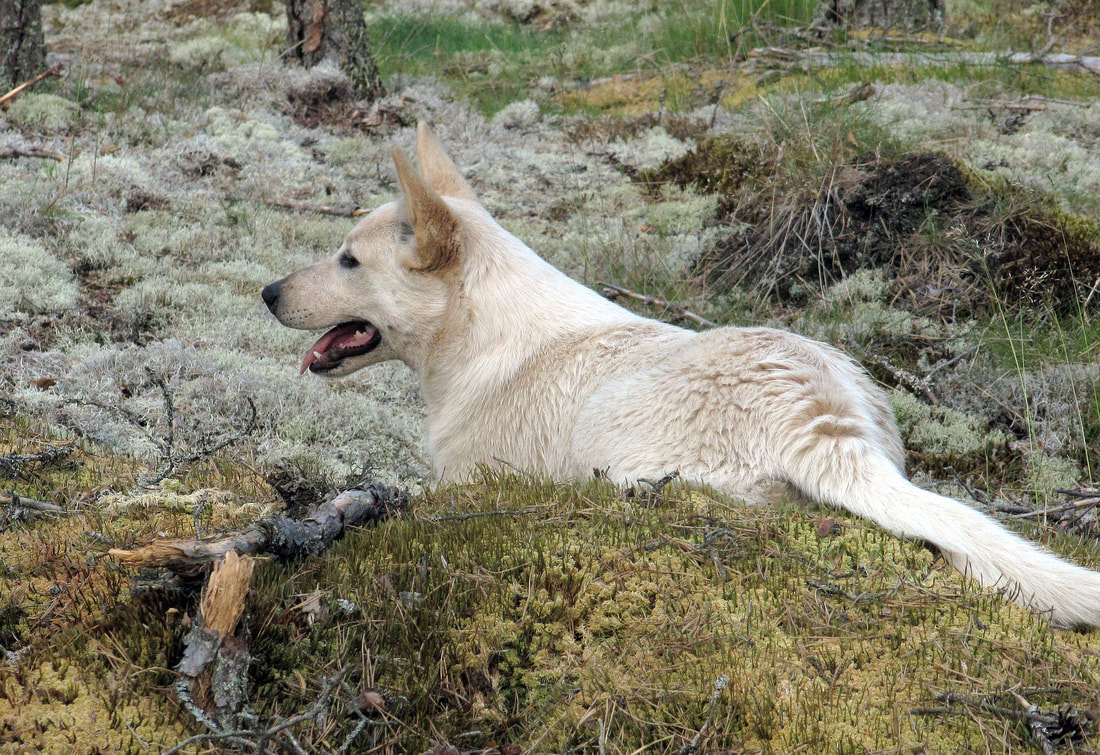
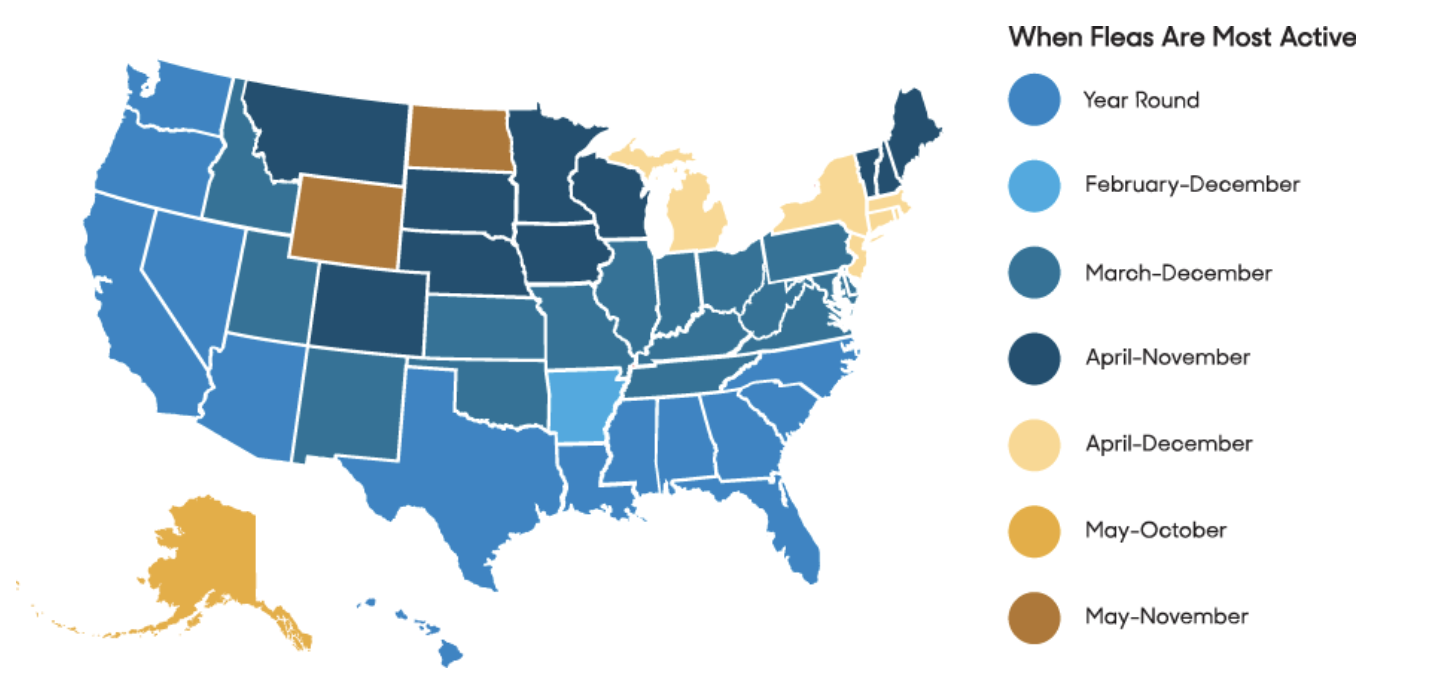
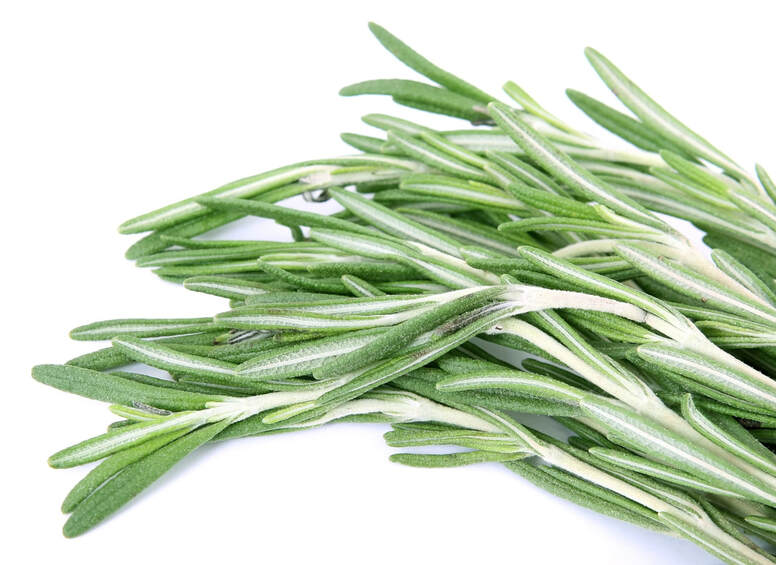


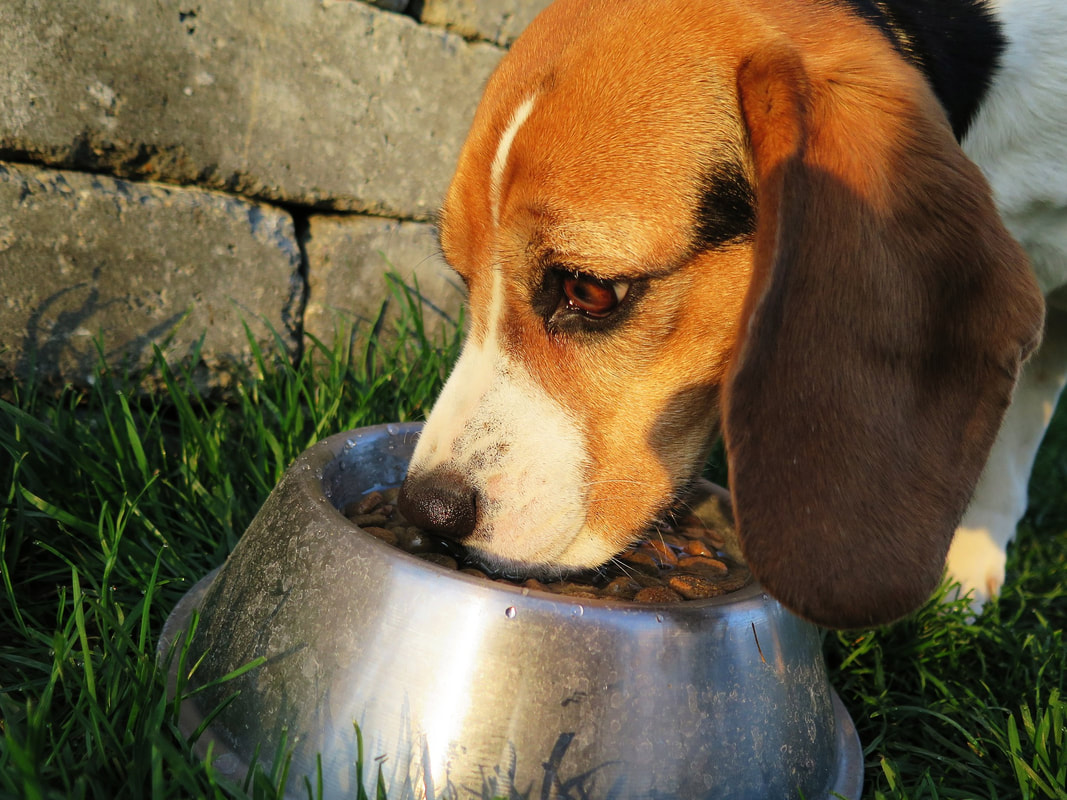
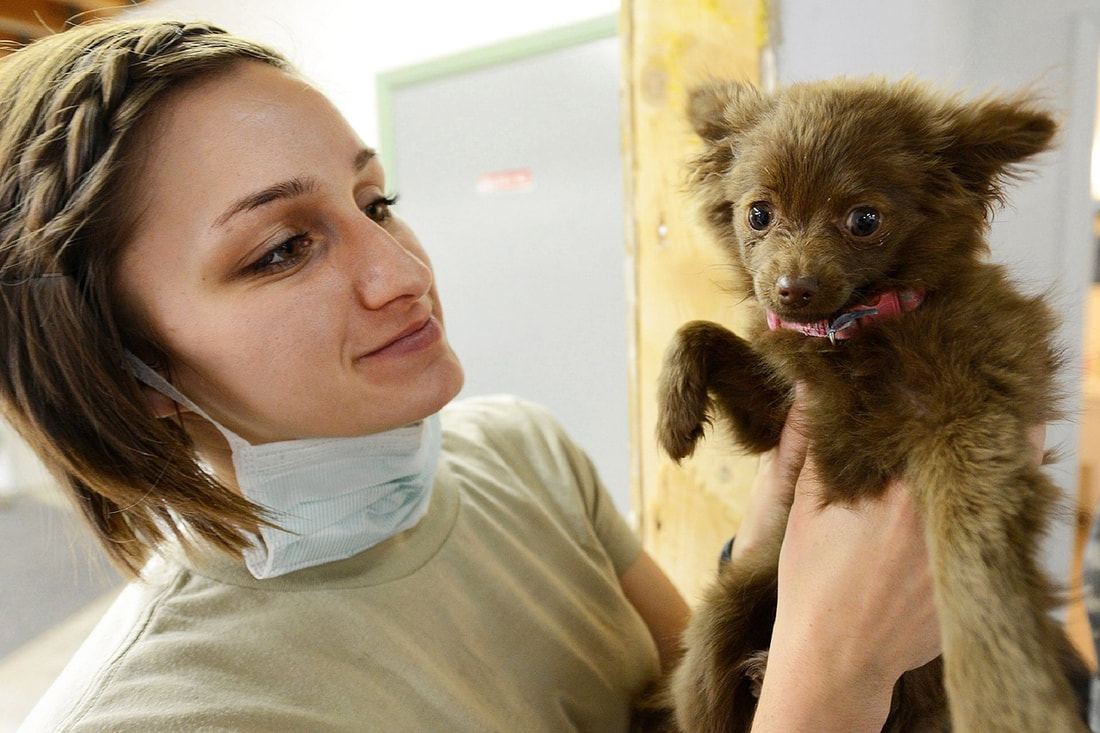


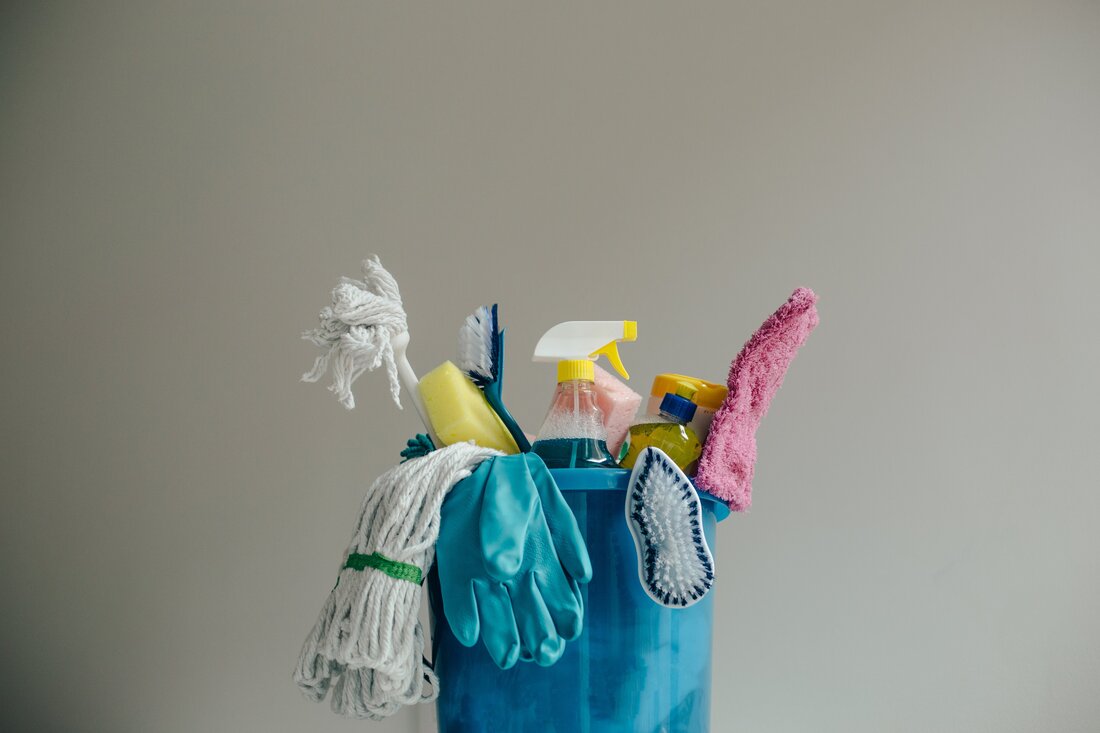
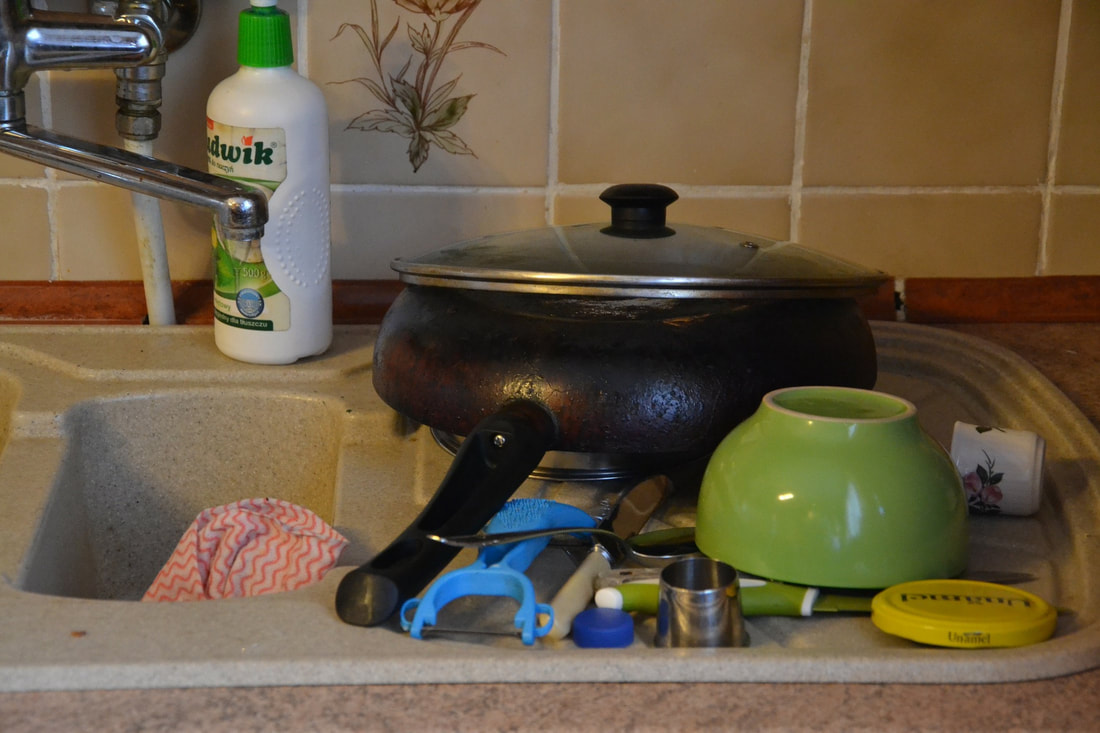

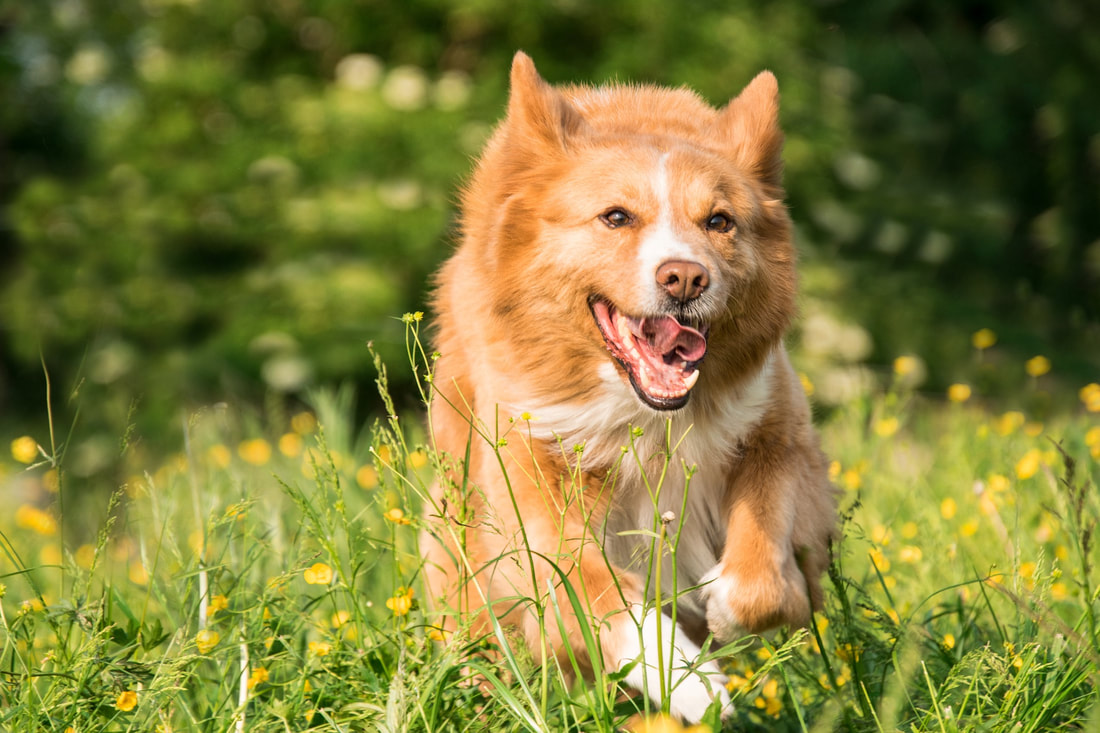
 RSS Feed
RSS Feed
